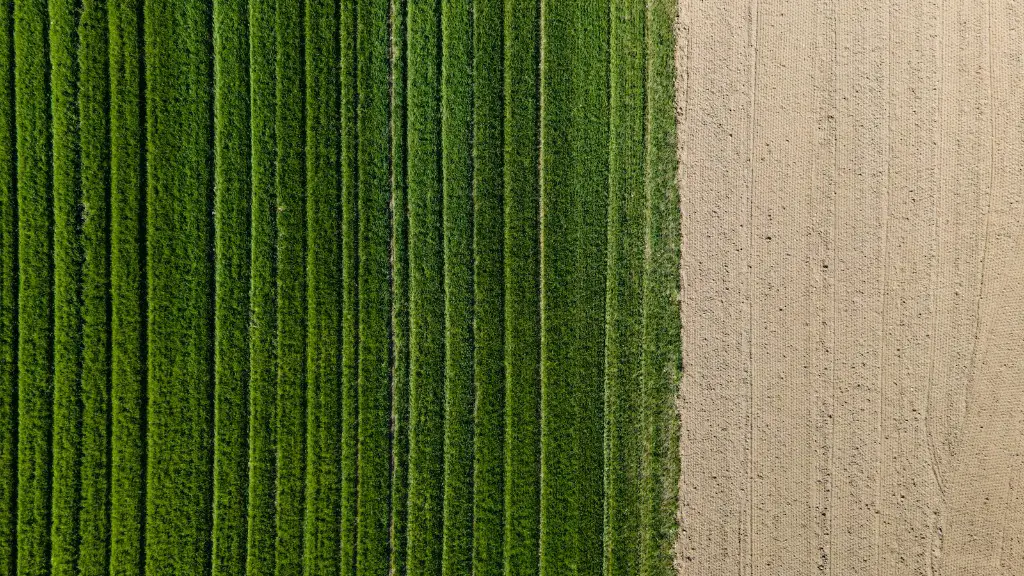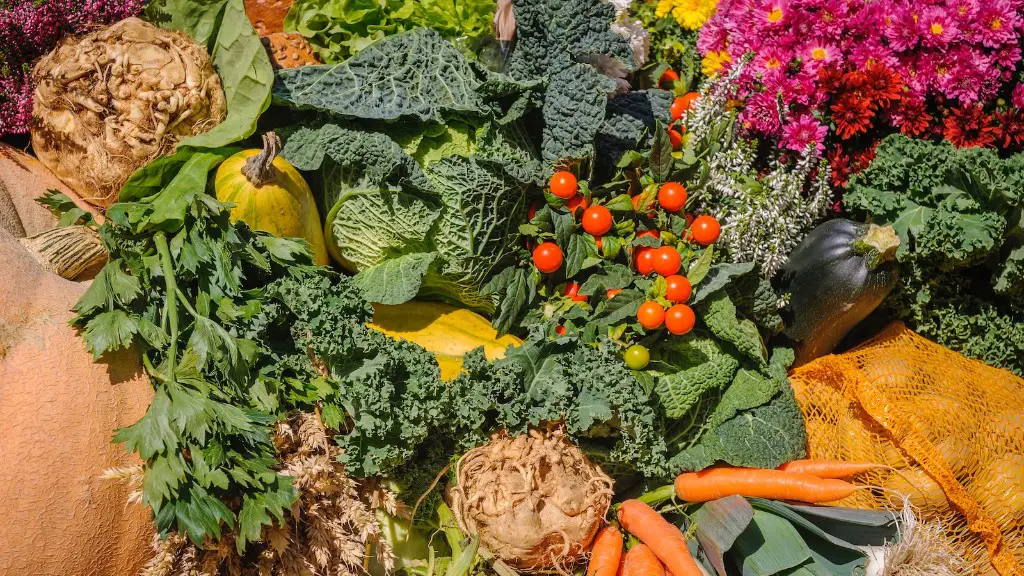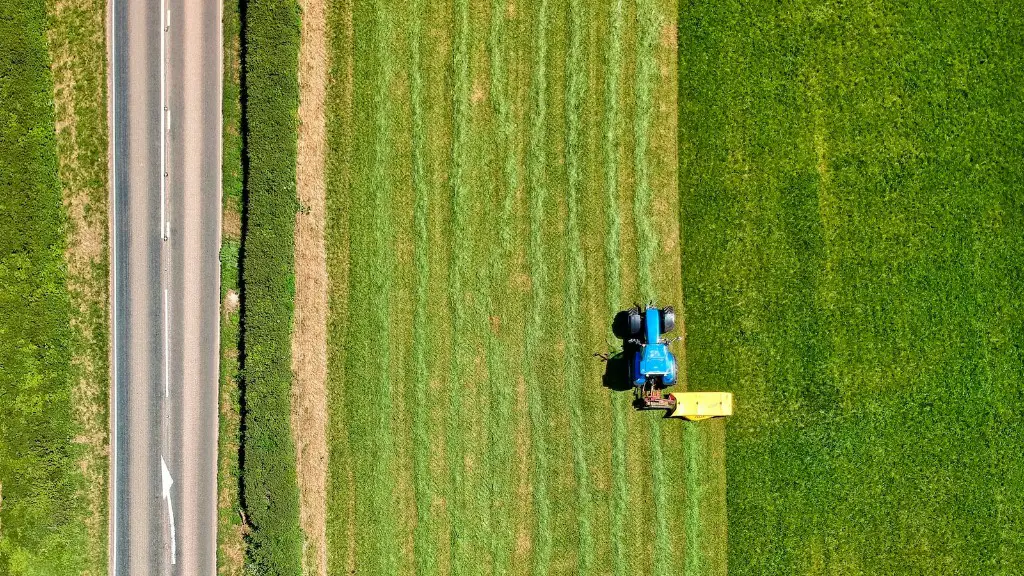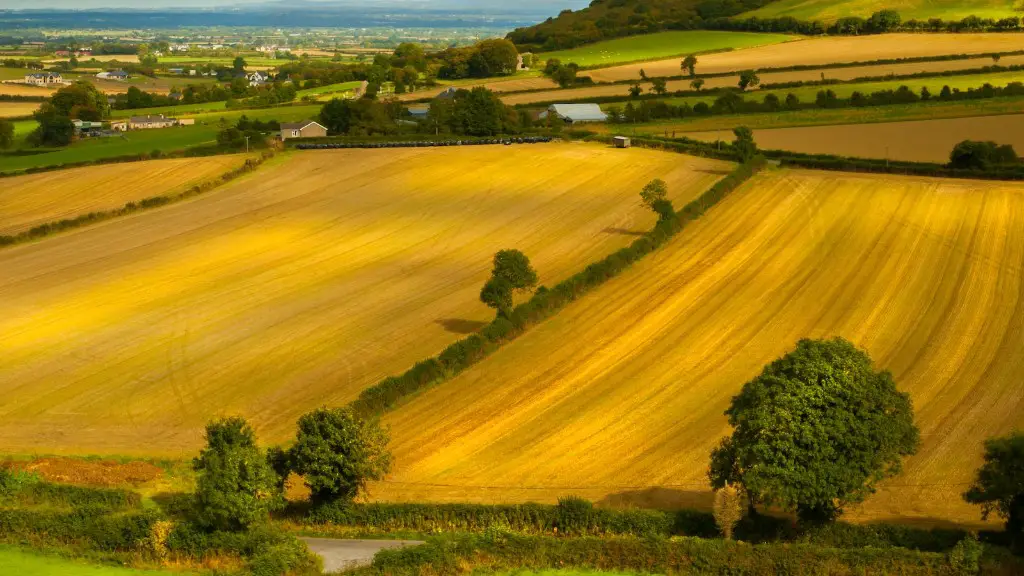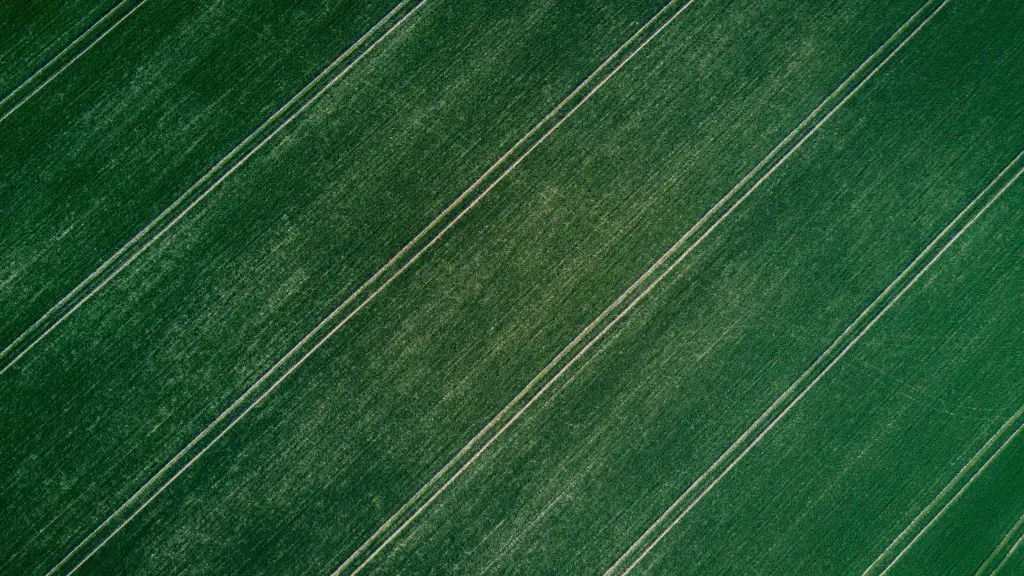There are a number of reasons for Liberia’s low agricultural productivity. One reason is the country’s lack of infrastructure. There is a lack of roads, which makes it difficult for farmers to transport their goods to market. Additionally, there is a lack of irrigation systems, which limits the amount of land that can be cultivated. Another reason for Liberia’s low agricultural productivity is its lack of skilled labor. There are few individuals with the knowledge and experience to properly cultivate crops. Additionally, the country has a high level of poverty, which makes it difficult for farmers to afford inputs such as fertilizer and seed. Finally, Liberia’s climate is not conducive to agricultural production. The country experiences high levels of rainfall, which can lead to floods and landslides. Additionally, Liberia is located in the tropics, which means that it is susceptible to diseases that can devastate crops.
There are many reasons for Liberia’s low agricultural productivity, including:
-The country’s land is mostly unsuitable for farming
-Most of the population is involved in subsistence farming, which is less productive than commercial farming
-Liberia has a weak agricultural infrastructure, including limited access to irrigation, fertilizers, and other inputs
-The country’s civil war (1989-2003) destroyed much of the existing agricultural infrastructure and led to the displacement of many farmers
What is the main cause of low productivity of agriculture?
The heavy pressure of population on Indian agriculture is the main cause of its low productivity. In 1901, 1630 crore people were dependent on agriculture. The number has gone up to 5880 crore. So per capita cultivable land had reduced from 043 hectare to 023 hectare. The government is trying to increase agricultural productivity by various means, such as the Green Revolution, but the results so far have not been very encouraging. The main reason for this is the increasing pressure of population on agriculture.
Africa’s low use of irrigation and overwhelming dependence on rain-fed agriculture are the main reasons for the continent’s low agricultural productivity. The main staples of sub-Saharan Africa are unirrigated crops (maize, cassava, millets, sorghum, yams, sweet potatoes, plantains and rice).
What factors affect agricultural productivity
There are several factors that have been identified in the social science literature as the most important sources of productivity change in agriculture. These include research and development, extension, education, infrastructure, and government programs. Each of these factors plays a vital role in improving productivity and ensuring that agriculture remains a viable and productive industry.
Agricultural productivity is negatively impacted by extreme weather conditions such as droughts, heat waves, and floods. This is due to the fact that these conditions can lead to water shortages, air pollution, and lower temperatures, all of which are detrimental to crops and livestock. In order to mitigate these effects, farmers must be proactive in their approach to agriculture, using techniques such as irrigation, crop rotation, and soil conservation.
What are the main challenges for agriculture in Africa?
There are a number of ways to develop and promote sustainable economies. One way is to create incentives for businesses to operate in a more sustainable manner. This can be done through tax breaks, subsidies, or other financial incentives. Another way to promote sustainable economies is to invest in renewable energy and green infrastructure. This includes investing in solar, wind, and other forms of renewable energy, as well as investing in things like green buildings and green transportation.
African farmers have long been at a disadvantage compared to their counterparts in other parts of the world. Lack of access to improved crop varieties, fertilizers, and irrigation has made it difficult for them to compete. Some progress has been made in recent years, but more needs to be done to level the playing field.
What are the main problems facing Africa’s agriculture?
There are many factors that contribute to the high incidence of poverty, including inadequate social infrastructure and gender inequality. These issues must be addressed in order to reduce poverty levels.
Climate, water resources, and terrain are all important factors in agricultural productivity. Climate can affect crop yields, water resources can affect irrigation and drainage, and terrain can affect soil quality and erosion. All of these factors can limit agricultural productivity.
What are the effects of low agricultural productivity
Inadequate means of transport and storage facilities are hindering farmers from getting proper prices for their produce. They are forced to sell to local moneylenders at lower prices, incurring losses in the process. This problem needs to be addressed urgently to help farmers get better prices for their produce.
The best ways to improve agricultural production are by implementing land reforms, interplanting, using raised beds, and planting denser crops. Land reforms are the most important factor in improving productivity. Interplanting means growing two or more crops in the same field. This is often done to improve crop yields. Using raised beds helps improve drainage and soil quality. Planting denser crops helps to improve yields by using less land.
What are 4 factors that limit crop production?
The above characters are less influenced by environmental factors since they are governed by genetic make-up of crop.External factors like Precipitation, Temperature, Atmospheric Humidity (Relative Humidity – RH), Solar radiation (without which life will not exist), Wind velocity, Atmospheric gases have significant influence plant growth. Soil moisture is another important factor.
Many environmental issues can have a big impact on farmers’ business. Soil quality, water quality, climate, and terrain are some of the environmental issues that can affect a farmer’s profits and productivity in any given season. By being aware of these issues and how they can affect their business, farmers can be better prepared to face whatever challenges the environment may bring.
What are the three problems facing agriculture
Climate change, soil erosion and biodiversity loss are just some of the many problems farmers have to deal with. While it can be difficult to find solutions to these problems, it’s important that farmers do what they can to protect their land and livelihoods. One way to do this is to implement sustainable farming practices that help to minimize the impact of these environmental issues. Another way to help is to support organizations that are working to find solutions to these problems. By working together, farmers can help to make a difference.
There is a lack of information and infrastructure in poultry farming which can lead to problems such as wastage and poor research and record keeping. This means that the problems stem beyond the farming process. To enhance poultry farming, incubators should be acquired to improve both the process and the success rate.
Why doesn’t Africa produce more food?
smallholder farmers play an important role in agriculture in many African countries. They typically have limited access to resources such as fertilizers, processing and marketing facilities, and infrastructure, which reduces their productivity and ability to participate in markets. This can lead to perishable foods such as fruits and vegetables going to waste, as they cannot be quickly shipped to market. efforts to improve the productivity and profitability of smallholder farmers, including through the provision of resources and support for infrastructure and marketing, would help to ensure that more of Africa’s food is grown and consumed locally.
To increase farm productivity and boost growth in Africa, high-yield crops should be developed, irrigation practices should be improved, the use of fertilizers should be increased, market access should be improved, and better use should be made of information technology. In addition, genetically modified crops should be adopted.
Which country is best in agriculture in Africa
South Africa and Nigeria are the African countries with the largest agricultural areas. Respectively, they devote around 96 million and 69 million hectares of land to growing crops. Agricultural production varies significantly across African countries in terms of products and volume.
There has been an increase in population which has led to higher growth of urbanization and pressure on the sector for higher returns. Traditional methods of cultivation have become obsolete and do not yield high returns. Lack of infrastructural facilities has restricted large scale production.
Conclusion
There are a number of reasons for Liberia’s low agricultural productivity, including difficult growing conditions, a lack of information and technology, and limited access to inputs. Additionally, Liberia’s civil war, which lasted from 1989 to 2003, devastated the country’s infrastructure and disrupted agricultural production.
The lack of modern technology and infrastructure is the primary reason why agriculture productivity is low in Liberia. 70% of the Liberian population is employed in the agricultural sector, but the sector only accounts for 38% of the country’s GDP. One of the main challenges facing Liberian farmers is the lack of access to quality seeds and fertilizers. In addition, the majority of farms are small, underdeveloped, and lack irrigation. As a result, Liberian farmers are not able to produce enough food to meet the needs of the population.
